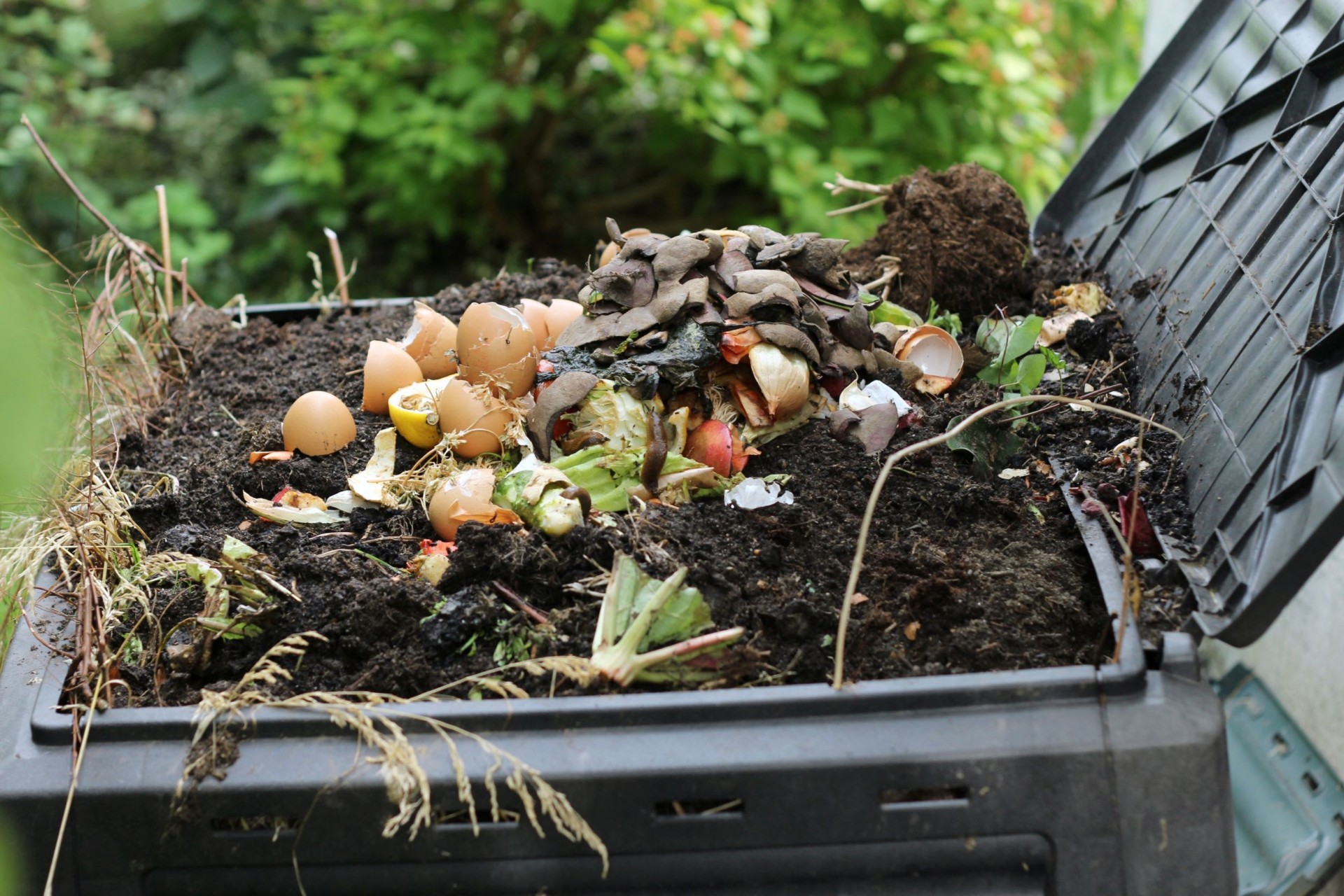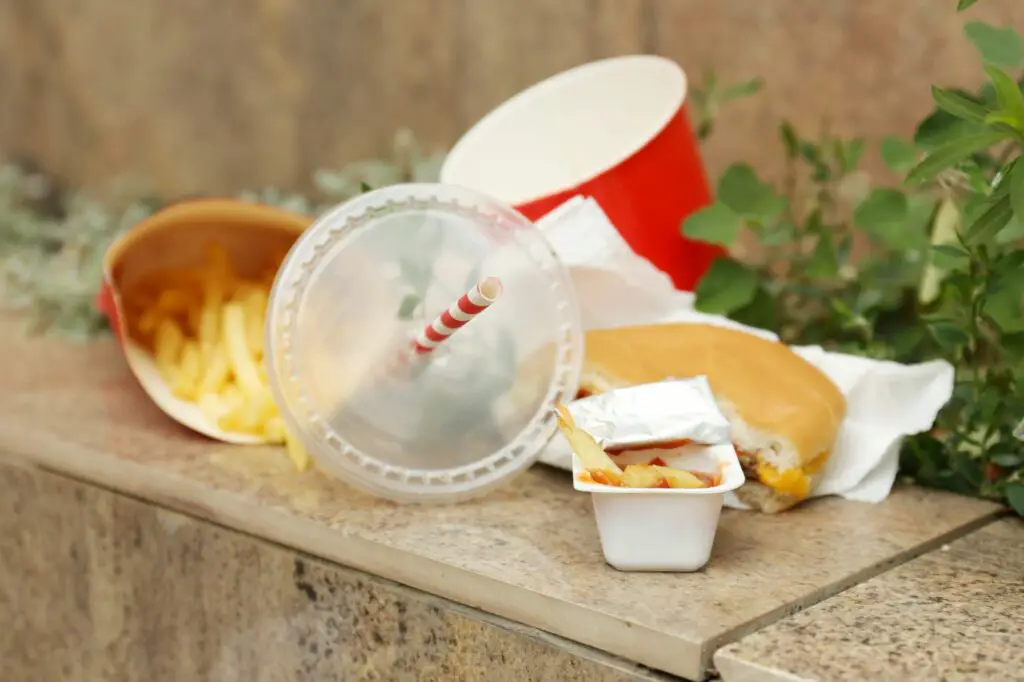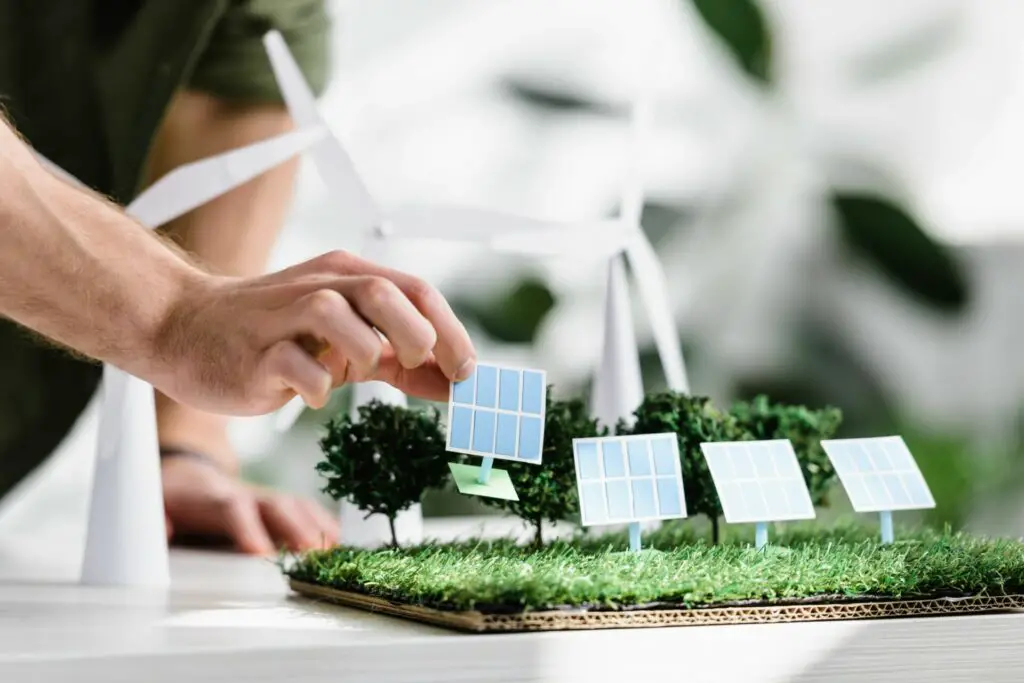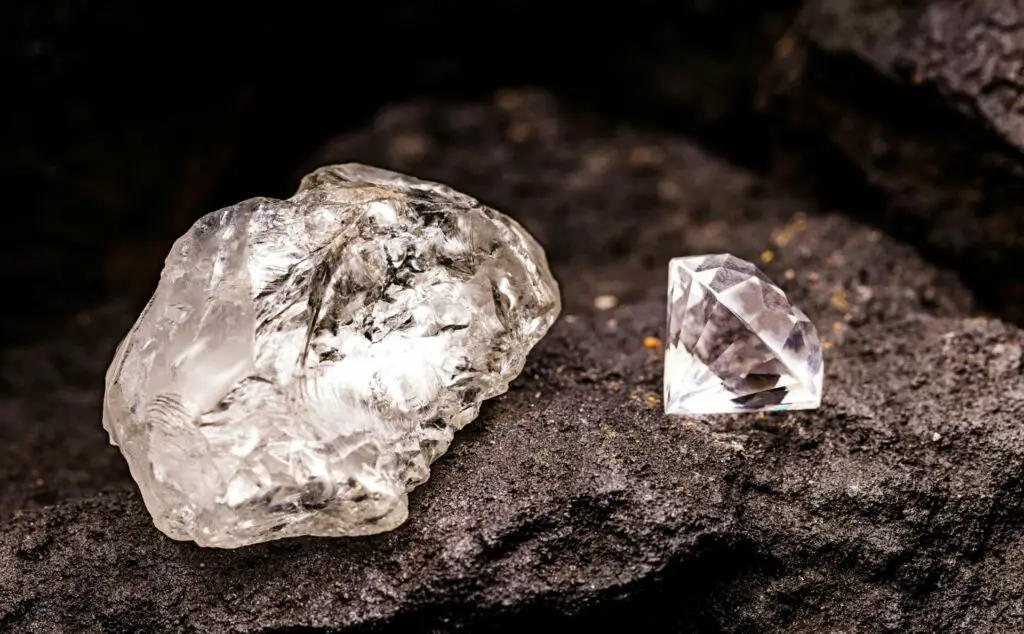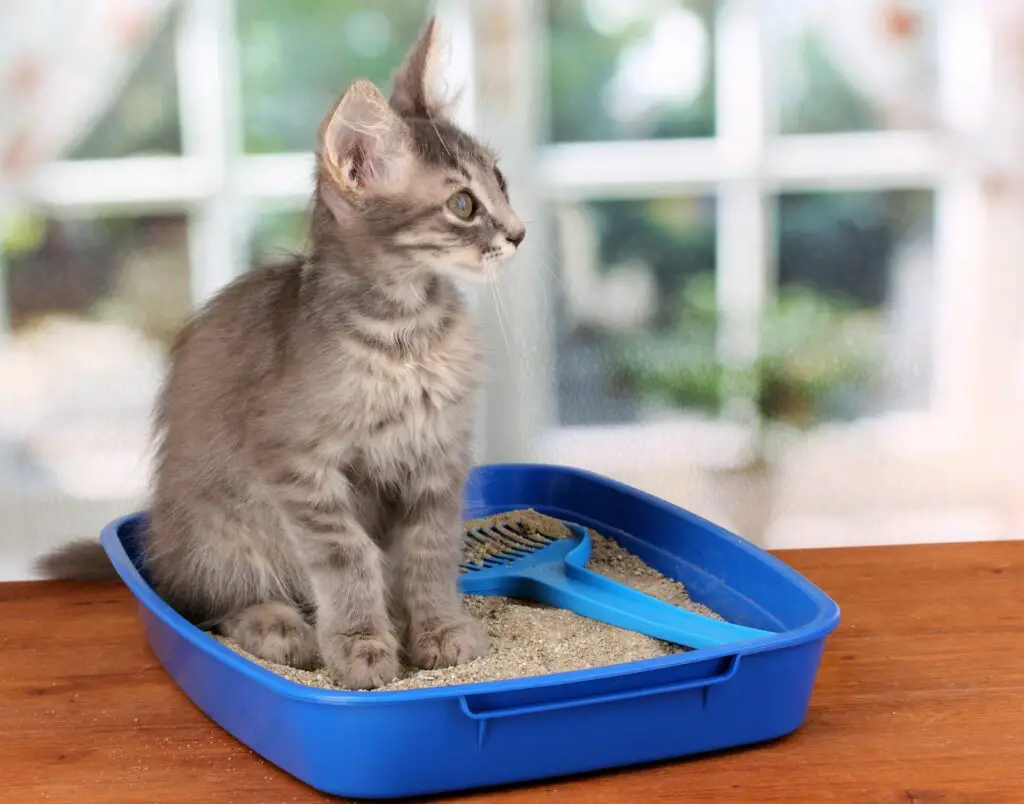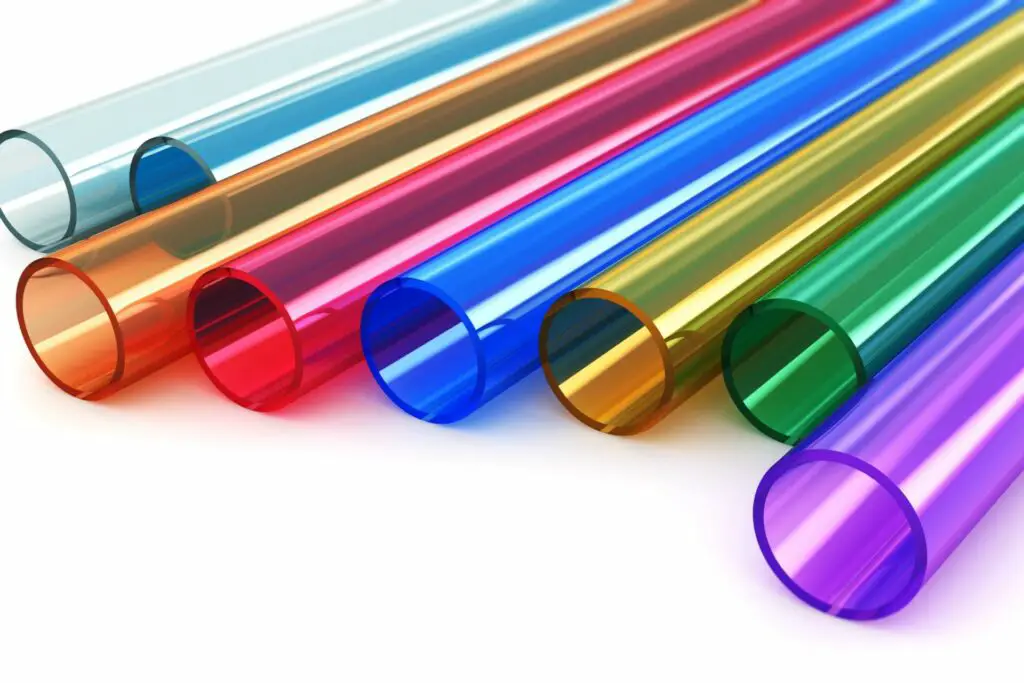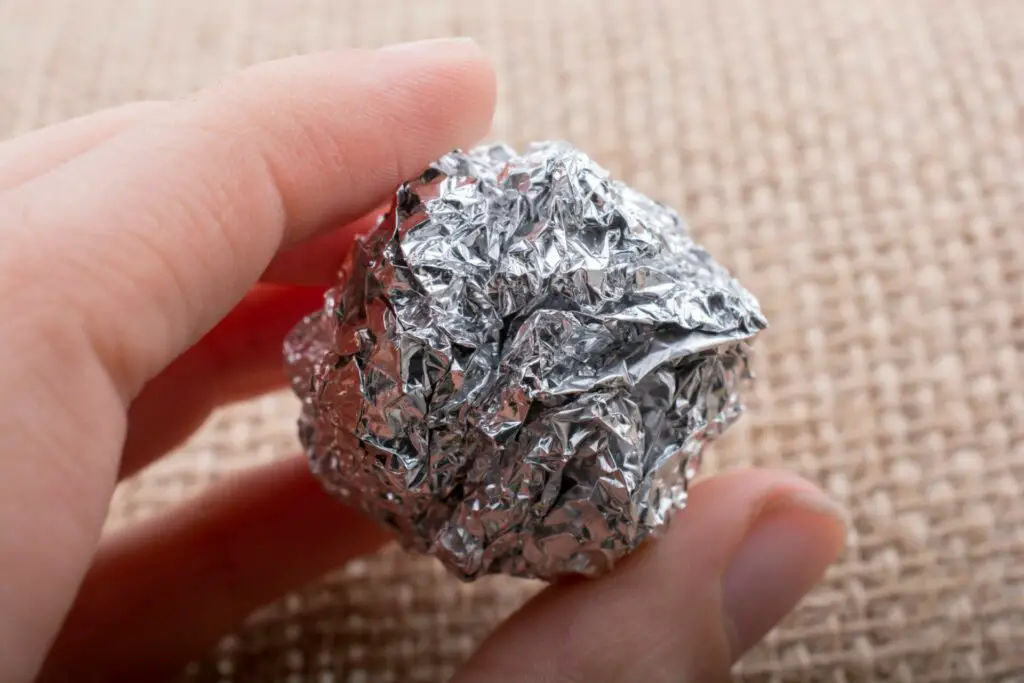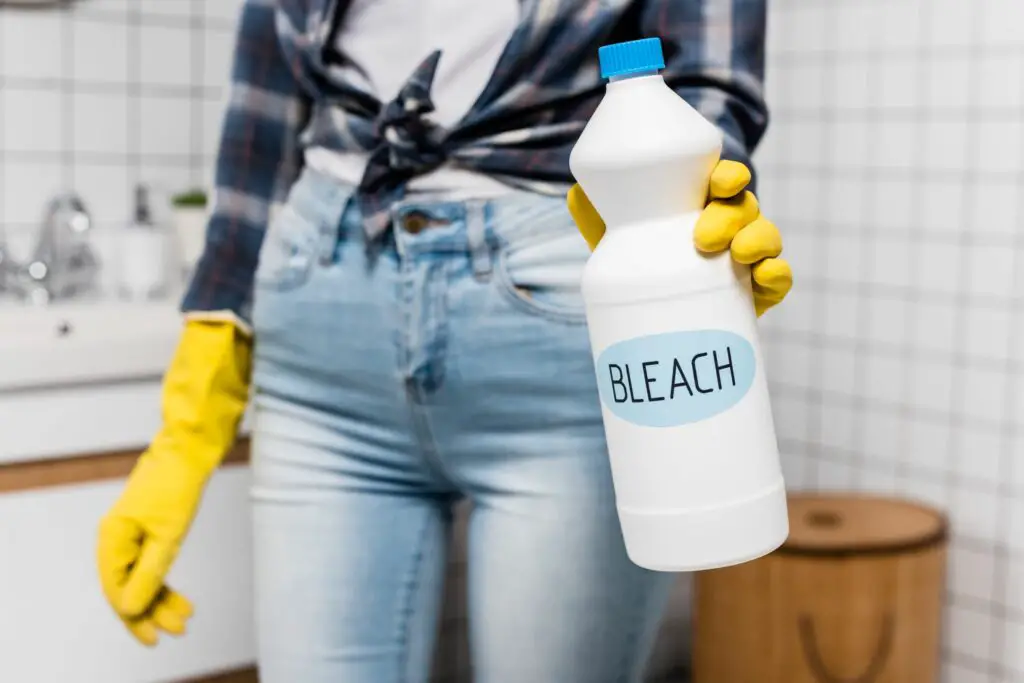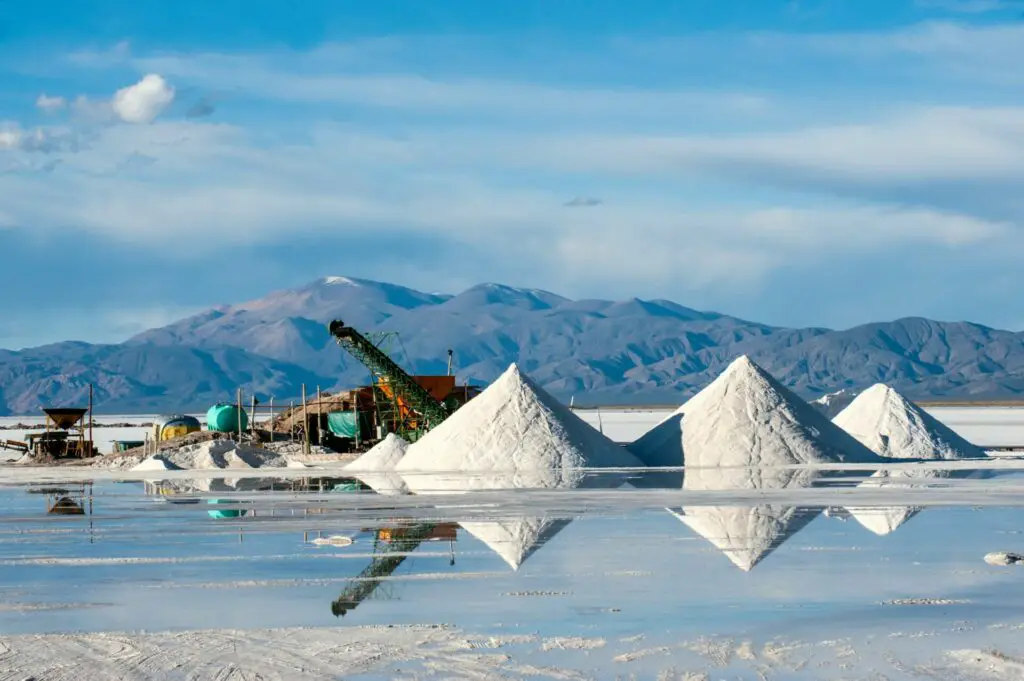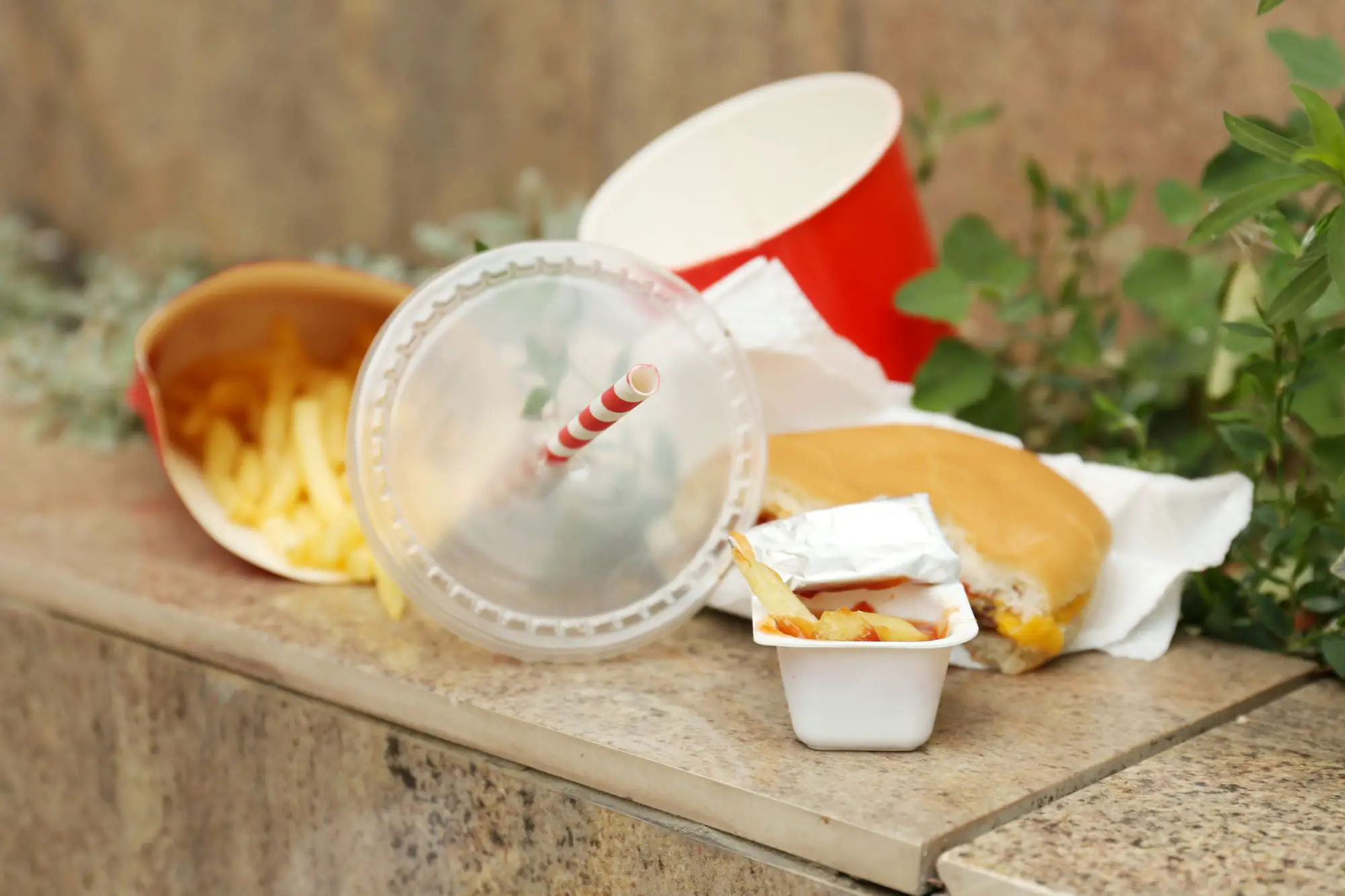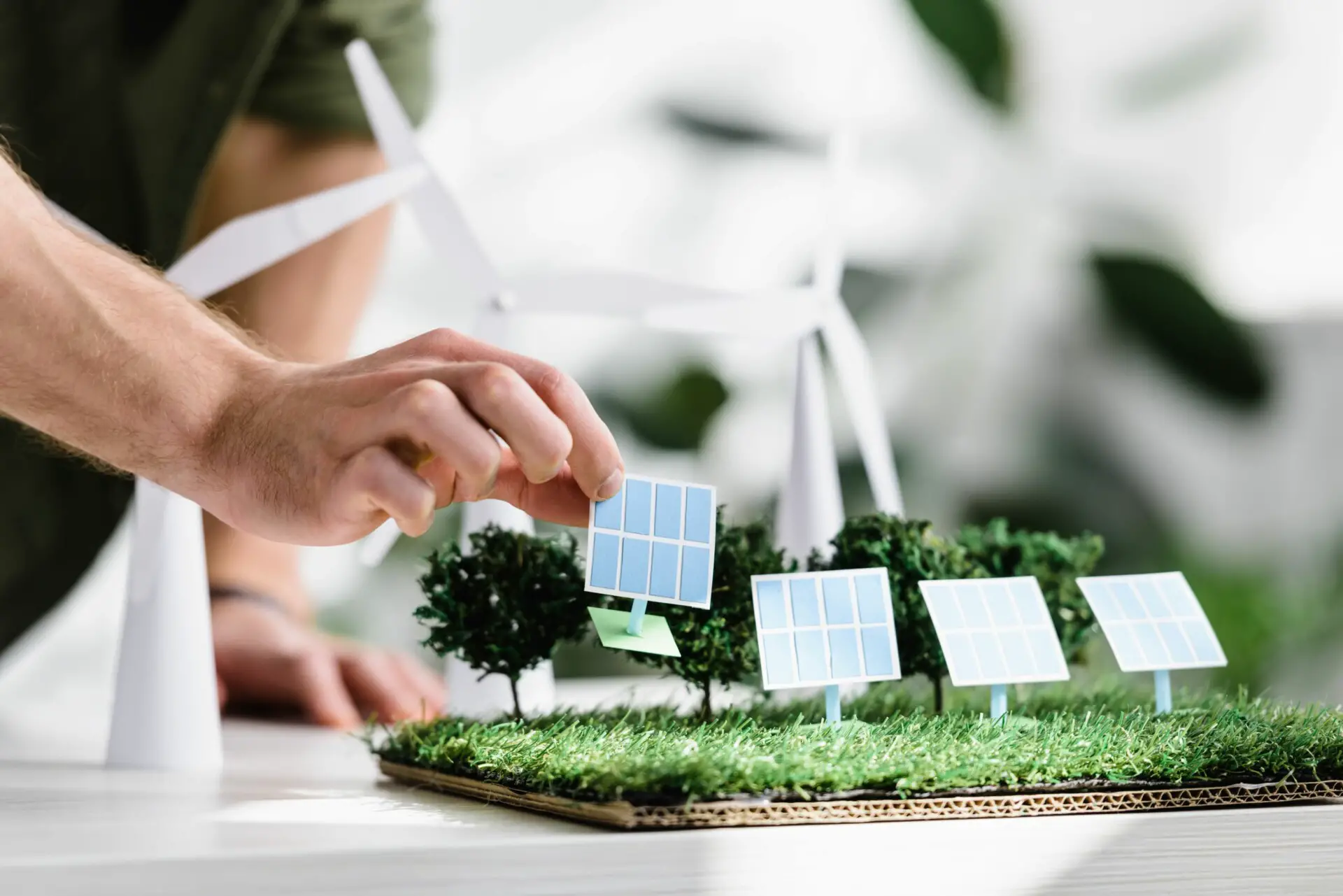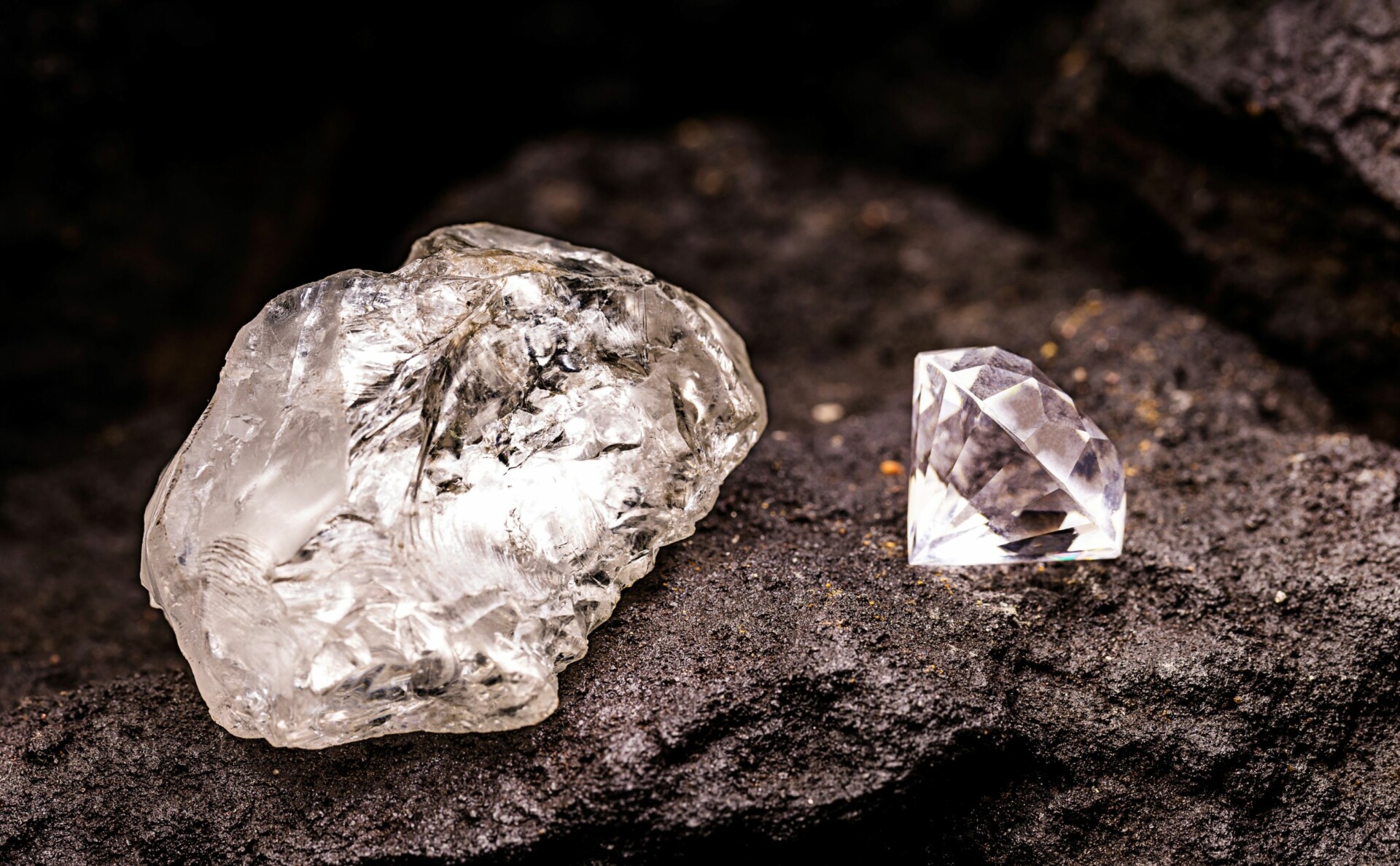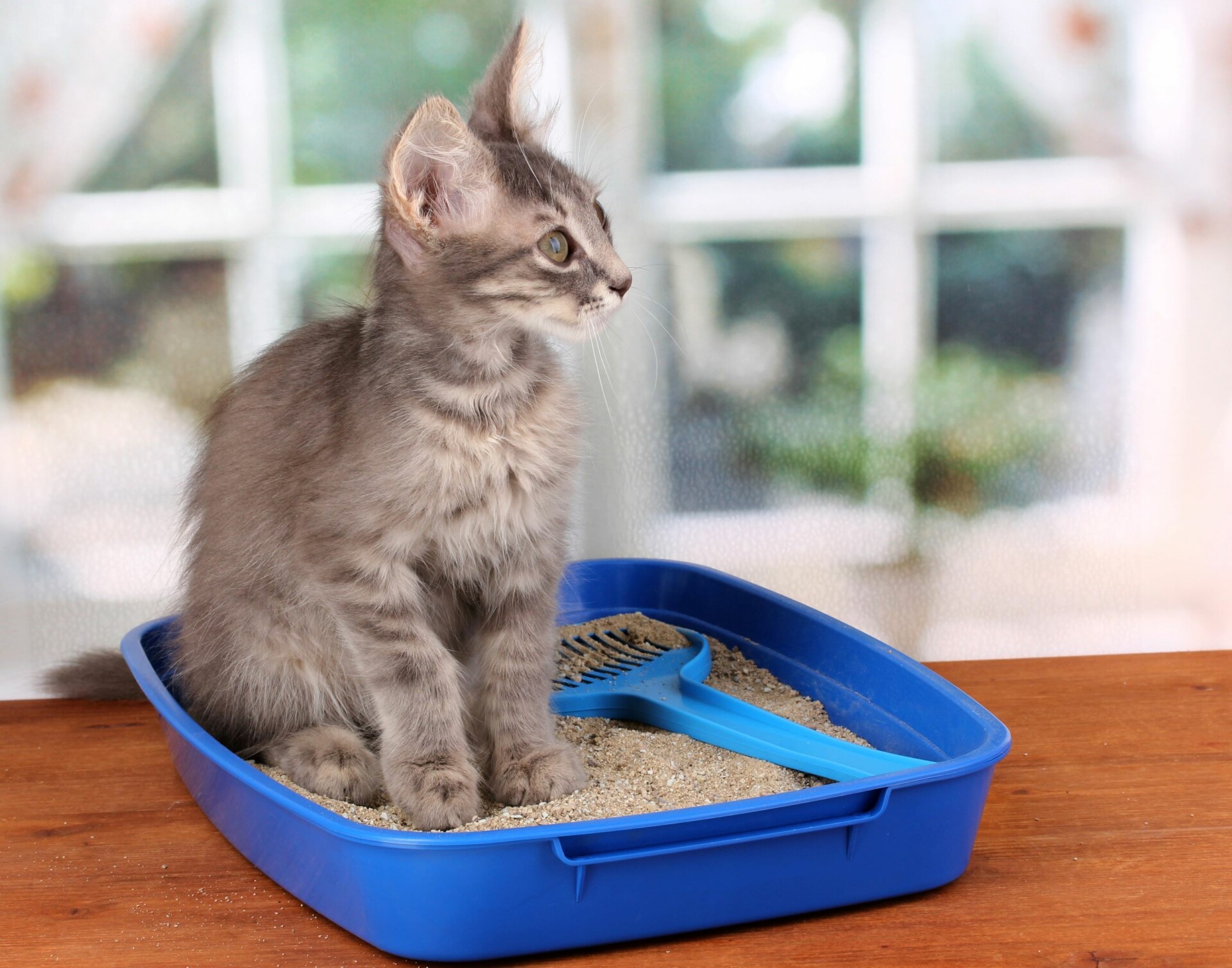More and more companies have started promoting their products or packaging as “biodegradable” or “compostable”.
That sounds great to us as consumers – somehow more environmentally friendly, right?
You might even be tempted to pay a bit more for products that use one of these terms to claim that they are better for the environment.
However, those two terms are not synonyms and it is important to know the difference.
In this article, we’ll take a good look at what they actually mean, what they have in common and in what way they are different from each other.
Differences & Similarities
Biodegradability simply means that a substance can be decomposed by biological processes – that is, by living microorganisms (bacteria and fungi).
Ideally, the product is completely converted into water, CO2, and biomass during that process.
Example: you probably know what happens to fresh fruit if you leave (forget) it on the kitchen counter for a few weeks.
Given enough time and adequate environmental conditions, bacteria and fungi make quick work of that formerly fresh and crispy apple – until nothing of it remains.
It is completely “digested” – i.e., broken down into its original building blocks by microorganisms.
This biodegradation happens on its own without any human intervention, which means it is a natural process.
How quickly or slowly that degradation takes place is neither important nor specified in the definition of “biodegradable”.
The rate of degradation depends on many environmental conditions, including:
- temperature
- humidity
- availability of oxygen (although biodegradation can occur with and without oxygen).
Composting is human-controlled biodegradation
Composting, on the other hand, is basically a human-controlled process of bio-degradation, ensuring optimal conditions for the microbes in order to reach results faster.
And since composting is a human-controlled process, humans have also invented certain rules and criteria that apply.
For example, according to the EU standard EN 13432, a product is considered to be compostable if – among other things – it meets the following criteria under the conditions of an industrial composting plant:
- At least 90% biodegradation into CO2 within 6 months
- No more than 1% additives which must be harmless (non-toxic & no negative effects on plant growth)
Comparable regulations and requirements exist in other countries as well.
In the U.S., for example, the ASTM 6400 defines compostability, similarly to the EU standard just mentioned.
So which label is “better”, biodegradable or compostable?
As you can see, in addition to the faster decomposition into CO2 and water, another goal of composting is to obtain valuable soil, which can be used for agriculture.
Biodegradation has no such requirements, neither regarding the short time frame nor the further use of the resulting biomass.
Being an unregulated natural process, it doesn’t require an industrial facility and happens at its own pace.
While biodegradation may happen quite quickly with certain products (think of that forgotten apple), it may take a very long time for others. Incidentally, an apple also happens to be compostable.
Therefore, don’t rely on products labeled as “biodegradable”, as this turns out to be a pretty useless (and often misused) term.
After all, most products are biodegradable (even if it takes decades), but without specifying neither the time frame nor the necessary environmental conditions, this term is not very helpful.
Instead, whenever possible, prefer certified compostable products which have proven to decompose into valuable soil without leaving harmful residues.
How to properly dispose of biodegradable & compostable products
It is very important to note that the “compostable” certificate is based on the conditions of an industrial composting plant unless the certification specifically says it’s OK for home composting.
The conditions in your backyard compost are very different from those in an industrial composting plant.
This means that even products that are certified “compostable” will degrade very slowly (or not at all within a reasonable time frame) under less than ideal conditions.
In addition, depending on national and regional circumstances, the storage period of compostable waste in industrial composting plants is sometimes too short to allow for complete degradation.
This has purely economic reasons because it would be too expensive for the plant owners to give the products more time to decompose fully.
But because farmers (which are generally the buyers of the soil) don’t want undecomposed residues of packaging in their soil, composting plants are not particularly interested in processing compostable plastics.
This is a major reason why technically completely degradable products (if they were given more time) end up in waste incineration plants or landfills.
That, however, does not necessarily have to be a “bad” thing, though, as we have examined in our article on bioplastics and their disposal.
Obviously, for that same reason, if a product is labeled as “biodegradable”, it does neither belong in a home nor a commercial composting plant (since nobody knows how long it will take to decompose).
How do I find a composting facility near me?
If you live in the U.S. or Canada, check this very helpful website. It shows you all composting facilities and organic collection services near the location you enter.
Another way is to check with your local government or waste collection program.
You can also contact local grocery stores and food establishments which usually already have a solution for their organic waste.
Also, many local parks, zoos or greenhouses will take your compostable materials and even sell the rich soil at a discount.
Are compostable products degradable in nature?
In most cases, no – at least not within a reasonable time frame.
Without the high temperatures and access to oxygen found in composting facilities, the degradation will take much longer or not happen at all.
Since most products which are not disposed of properly end up in our oceans, this prevents biodegradation or slows it down significantly due to the low temperatures and lack of oxygen in the water.
Do compostable products degrade in landfills?
Since landfills don’t provide the necessary conditions like composting facilities, the degradation will take a lot longer or not happen at all.
What’s more, landfills are a major source of the greenhouse gas methane due to their mostly anaerobic conditions.
You can find out more about the problem of organic waste in landfills and how to avoid it here.
How do I know if a product is truly compostable?
It’s very important to not fall victim to greenwashing – many products say they are compostable, but there’s no proof or certification.
To be sure, check for a label which certifies that the product’s compostability has been thoroughly tested and verified.
Find out which trustworthy labels to look for in this article.
Can I throw compostable products into my own backyard compost?
No – unless it is a product that is certified as “home” compostable.
As explained above, the “compostable” certification verifies the compostability under the conditions of an industrial composting plant.
A home composter does not provide those conditions, so the product may not biodegrade at all or take an extremely long time.
Beware of “oxo-degradable” or “oxo-biodegradable”
Avoid products labeled as “oxo-degradable” or “oxo-biodegradable” like the plague.
These plastic products are often marketed as a great eco-friendly solution because they supposedly “decompose” quickly.
This is a prime example of greenwashing because these products are in reality a major problem for our environment and our health.
The nasty thing about these conventional plastics is that they contain chemical additives that promote fairly quick decomposition of the product into very small fragments.
However, this is no biodegradation at all, but simply breaking the plastic product into ever smaller pieces.
What remains are virtually invisible particles, which are not biodegradable.
Oxo-degradable products quickly turn into microplastic
Instead, these microplastic particles travel unseen through the food chain, endangering the health of all living beings – including that of humans.
Obviously, “out of sight, out of mind” must have been the driving idea behind this invention.
Oxo-plastic is a great example of excellent self-deception.
But even if we can no longer see the plastic with the naked eye, it is still there and keeps contaminating our environment and the food chain.
Even conventional plastics are preferable to this “oxo-degradable” nonsense since with them, we at least still have the possibility to remove them from our environment – precisely because they remain “visible” for a very long time.
With “oxo-degradable” products, which have already disintegrated into microparticles, this is virtually impossible.
Because of the significant danger that oxo-degradable plastics pose, the European Union has already taken action against its use.
Bottom line: Stay away from “oxo-degradable” products!
Conclusion – biodegradable vs. compostable in 5 key points
We hope this article has helped you better understand the meaning of these terms.
Also, you will now no longer fall victim to products labeled as “oxo-degradable”, knowing that they are neither biodegradable nor compostable, but a major threat.
Here is the brief lowdown regarding the similarities and differences between biodegradable & compostable products:
- In both cases, microorganisms can decompose the product into water, CO2, and biomass
- There are legal requirements for certified compostable products, while biodegradation is a natural process (without any legal requirements)
- Composting is human-controlled biodegradation with the aim of faster decomposition and agricultural use of the resulting biomass
- Therefore, any composting is always biodegradation, but not every biodegradation composting
- Certified “compostable” products require the conditions of industrial composting plants in order to decompose and thus do not belong into the backyard compost (unless they are specifically certified for home composting)
You Might Also Like…
- Is Fast Food Bad for the Environment? (& What You Can Do)
- Is Fabric Softener Bad for the Environment? (+5 Eco-Friendly Options)
- Is Fuel Dumping Bad for the Environment? (& How Often It Happens)
- Is Electricity Generation Bad for the Environment? (What You Should Know)
- Is Dry Cleaning Bad for the Environment? (4 Surprising Facts)
- Is Diamond Mining Bad for the Environment? (Important Facts)
- Is DEET Bad for the Environment? 4 Effects (You Should Know)
- Is Cat Litter Bad for the Environment? (5 Common Questions)
- Is Burning Cardboard Bad for the Environment? (6 Facts)
- Is Burning Paper Bad for the Environment? (6 Surprising Facts)
- Is Burning Leaves Bad for the Environment? (7 Quick Facts)
- 4 Natural Cleaners for Quartz Countertops
- 6 Eco-Friendly Acrylic Paint Brands (For Sustainable Artists)
- 5 Eco-friendly Alternatives to Acrylic Paint (& How to Make Them)
- Is Acrylic Paint Bad for the Environment? (7 Quick Facts)
- Is Acrylic Yarn Bad for the Environment? 8 Crucial Facts
- Is Acrylic Bad for the Environment? (8 Quick Facts)
- Is Aluminum Foil Bad for the Environment? 7 Quick Facts
- Is Bleach Bad for the Environment? 6 Crucial Facts
- Is Lithium Mining Bad for the Environment? 6 Crucial Facts

